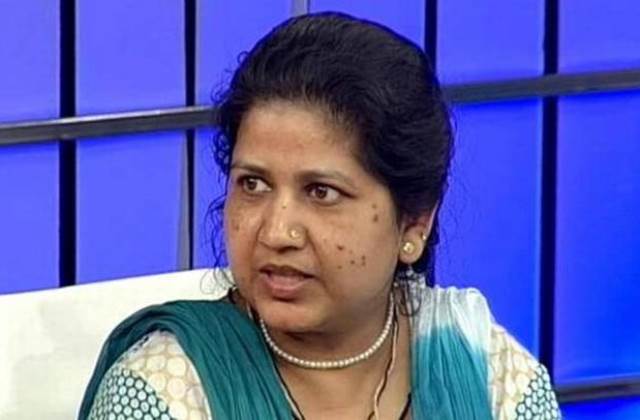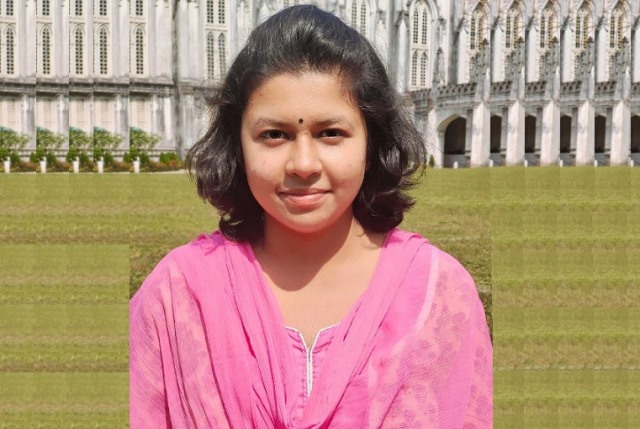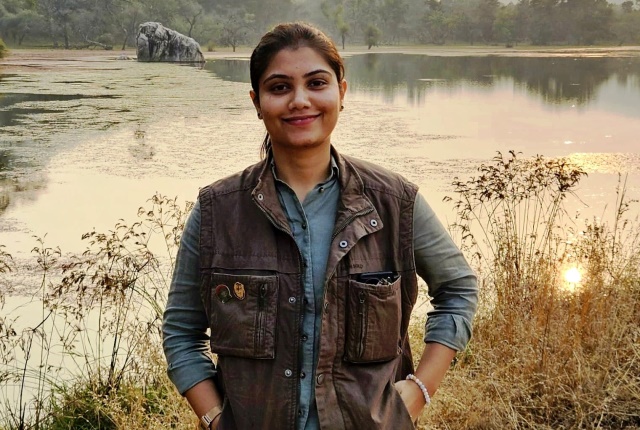
‘Talaq Law Empowers Muslim Women’
Shayara Bano, 37, shot into limelight when the Supreme Court, acting on her petition, declared triple talaq unconstitutional. Now with Parliament passing a law to ban instant talaq, she hopes for a better world for her daughter.
I am not used to being in the limelight — getting so much attention. From 2002 to 2015, the 13 years that I was married to Rizwan Ahmed, I was confined, segregated, bullied and beaten up. Speaking to people, stepping out of the house was unthinkable for me. Life changed when my petiiton to ban talaq-e-biddat, led the Supreme Court to declare triple talaq ‘unconstitutional’, ‘arbitrary’ and ‘not part of Islam’.
And now that Parliament of India has brought about a law criminalising triple talaq, people want to hear my story. So this is what I tell them, and to all Muslim women, who have been given a new lease of life through this law:
Laying waste to my Masters degree in Sociology, I got married to Rizwan, a small-time businessman from Allahabad in 2002. I was hardly 23 then. Taking up a job was an absolute no-no. In my husband’s family, it was against tradition for a woman to step out from the confines of their homes and build a career.
Several years went by. Quarrels and arguments with my husband, interspersed with dowry demands from my in-laws, were an integral part of my marriage. I was never allowed to go out or interact with anyone. The marriage was claustrophobic for me. I would not be completely dishonest, if I said that on many occasions I had thought of leaving my husband and breaking free. But by that time I had given birth to my two children. The thought of my children being raised in a broken home, stopped me from taking any hasty decisions.
In the year 2014, I started keeping unwell. I was diagnosed with a severe infection in my kidneys and liver. And this is when things started getting worse for me. Despite my ill-health, I was subjected to physical and mental torture. Whenever I asked my husband to take me to a doctor, he would simply refuse. If I dared to talk back, I would be thrashed.
One day in 2015, my husband boarded me on a train and left me at the Moradabad station to die. He was gracious enough to inform my parents. They had to come all the way from Kashipur to pick me up.
A few days later, on October 10, Rizwan sent me a ‘talaqnaama’ via speed-post. It came as a shock initially. How could he do it? Our children’s future was at stake here! I was distraught. But then I decided to fight it out. He should not get away with ruining my family, snatching away the children from their mother.
On April 23, 2016, I filed a petition in the Supreme Court demanding a ban on triple talaq. Acting on the petition, the Supreme Court declared the custom unconstitutional. However, cases of triple talaq continued to surface. A strong law was the need of the hour. I am happy that the parliament has passed the law. This will go a long way in the emancipation of Muslim women in India. After centuries of historical injustice, finally Muslim women have a law to safeguard their rights.
Critics say that criminalising triple talaq will leave the victim without any financial support if the husband is sent to jail. But the truth is that this law will prevent men from giving triple talaq to women in the first place. The law will nip the problem in the bud.
However, Muslim women need a lot more such laws to safeguard their rights. Malpractices, such as polygamy and halaala are still prevalent. Halala is a custom, in which if a divorced woman has to reunite with her husband, she has to marry another man for a night and then get a divorce. Initiatives need to be taken to imporve literacy levels among Muslim women too.
I have a 15-year-old daughter, and I hope to create a better world for her. Inshah-Allah, we will have it soon.



